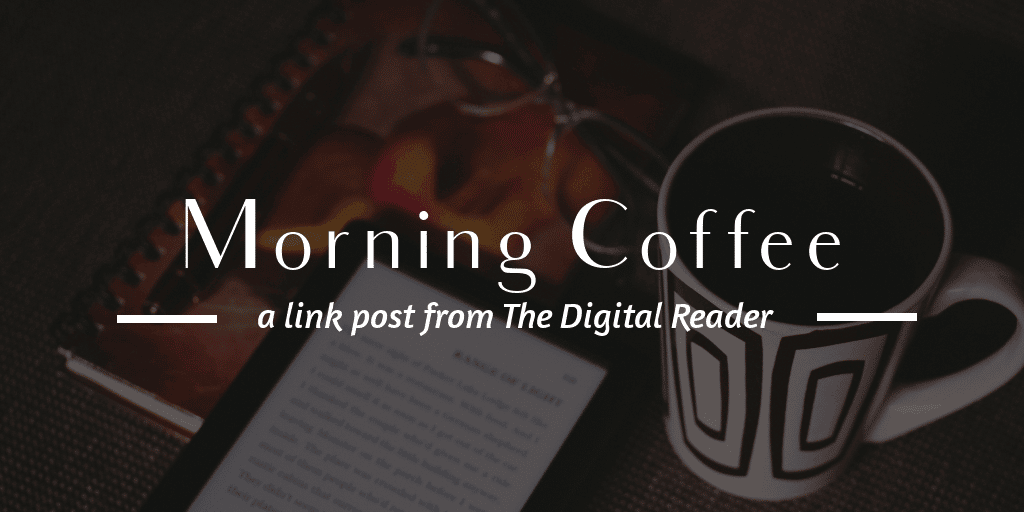By the Numbers: Who Doesn’t Read Books in America?


As you had probably guessed, the non-readers tended to have only an HS degree, earn less that $30,000, and live in either rural or urban areas. They also tended to be over 50 years of age.
Several demographic traits correlate with non-book reading, Pew Research Center surveys have found. For instance, adults with a high school degree or less are about five times as likely as college graduates (37% vs. 7%) to report not reading books in any format in the past year. Adults with lower levels of educational attainment are also among the least likely to own smartphones, even as e-book reading on these devices has increased substantially since 2011. (College-educated adults are more likely to own these devices and use them to read e-books.)
Adults with annual household incomes of $30,000 or less are about three times as likely as the most affluent adults to be non-book readers (36% vs. 13%). Hispanic adults are about twice as likely as whites (38% vs. 20%) to report not having read a book in the past 12 months. But there are differences between Hispanics born inside and outside the U.S.: Roughly half (51%) of foreign-born Hispanics report not having read a book, compared with 22% of Hispanics born in the U.S.
Older Americans are a bit more likely than their younger counterparts not to have read a book. Some 28% of adults ages 50 and older have not read a book in the past year, compared with 20% of adults under 50. There are modest differences when looking at gender and whether people live in urban, suburban or rural areas.
While it interesting to see this breakdown, Pew still asked the wrong questions. They asked about reading books, as if that were the only form that mattered, when they should ask more granular questions about all types and genres of reading material.
There is more to reading than just books, but you wouldn’t be able to tell that given our current blinkered focus on books.

Comments
Jackson M. March 25, 2018 um 7:58 am
Both my elderly parents read the newspaper every day. They also each have about half a dozen magazine subscriptions.
Dad used to read about 2 dozen books each year, he started each on an airline flight and finished when returning. He still travels but now reads magazines more. Dad also reads quite a bit on the Internet.
There is plenty to read other than an ebook or fiction.
Robert Nagle March 25, 2018 um 2:32 pm
The questions I would like to know are: 1)what percent of Americans visit a library more than once a month and 2)what percent of Americans have a library card.
A lot of people don’t read books because they are expensive. But the data point about library cards separates those who fail to read for economic reasons and those who just don’t want to.
Allen F March 26, 2018 um 12:09 pm
Yeah, as they’re still pretending ebooks don’t count as 'real' reading, pew can take their survey and pew pew off with it …
Sam S April 3, 2018 um 11:35 am
From my own personal experience, people who love pop culture, such as The Voice, or American Idol, do not read books. Social media is also a big killer when it comes to reading. Why read when you can LOL your neighbors friends cat pictures?
New By the Numbers: Who Doesn’t Read Books in America? – Stephen's Lighthouse April 14, 2018 um 6:59 am
[…] By the Numbers: Who Doesn’t Read Books in America? […]